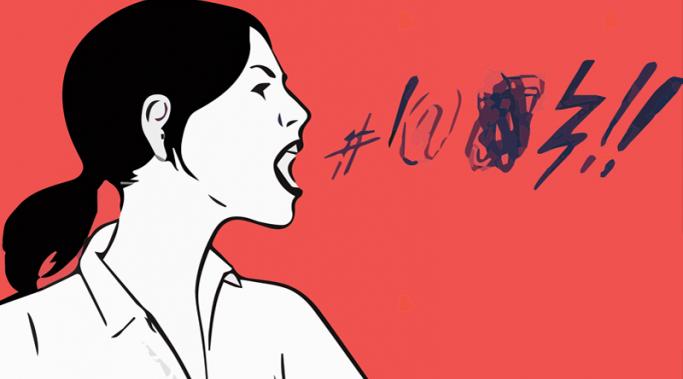Self-compassion practices are often overlooked in our discussion of self-care. Most of us acknowledge the importance of engaging in self-care to maintain our physical, mental, and emotional wellness. When we talk about self-care, we often refer to engaging in fun, or relaxing activities. While that is certainly an important aspect of self-care, there is another equally important element that we often ignore: self-compassion practices are also part of self-care.
Feelings and Emotional Intelligence
Drawing boundaries for friends' partners really means drawing boundaries for friends. One of my best friends maintains a somewhat troubling, even emotionally abusive, relationship. She’s beautiful, talented, insightful, and joyful, but she constantly receives scathing feedback that she’s not good enough. He tells her that if she would just fix her problems, the relationship would be happy. That constant, biting criticism is not good for her. That any and all work on the relationship should be entirely hers because she is broken is not good.
"Me time" activities are important for your happiness and health. They can be an opportunity for reflection, a break for self-care, a respite from socializing, or simply the expression of an introverted nature. However, for many people like me, me time can easily become a contributing factor for depression. Isolation is one of the more dangerous symptoms of mental illness because it encourages cyclical thoughts and keeps us from recognizing the love in our lives.
Online arguments can be so tempting at times. I admit it: I hadn’t slept, couldn’t stop crying over the US’s most recent traumatic event, and had a short fuse, so I went online. I made some legitimately informative remarks on a stranger’s comment but added sarcasm. I stirred things up. And I regret it, because not only was my point lost, I’m now left obsessing over that conversation, while I’m sure nobody else is. Online arguments can often be damaging to our enjoyment of life.
Any kind of mindfulness trick can seem too difficult or pointless when you're really depressed. During one of my worst periods of depression, I had a coach from a personal development program. He suggested I list all the places and activities that made me happy, then go do them. I became even more distraught when I realized I had exactly zero items to put on my list. But check out this mindfulness trick, it's different.
A flexible mindset can decrease disappointment and help you find bliss. Rigid thinking can be self-defeating. When you expect things to be a certain way and will be satisfied only when they are that way, you may experience a lot of unhappiness in life. If you can develop a flexible mindset, you will encounter less disappointment and more bliss (Coaching Flexibility To The Overly Rigid Child).
There is a lack of connection between people in spite of the fact that unity over division can lead to a blissful life. There is a pervasive mentality of “us” versus “them.” Despite the fact that we know social connection makes us happier, we tend to dehumanize others. We pit ourselves against those who are different from us, acting apathetic at best and cruel at worst. I'm sure I don’t need to tell you that indifference and cruelty are not traits that will help you live a blissful life. In fact, they may actually prevent it. To break down the walls we erect that keep us separate, we need to learn how to humanize others and foster unity over division to live blissfully.
Can you achieve bliss if you struggle with self-hate and depression? I’ve been asking myself this question a lot lately because despite all of the positive things going on in my life, I still struggle with self-hate and depression. How can I live a blissful life when I sometimes feel like my life isn’t worth living? Self-hate and depression make living a blissful life difficult.
Anger is an unavoidable, normal part of the human experience; learning to channel anger constructively is a process. Undoubtedly, you will get mad many times over the course of your lifetime. But you can channel your anger constructively and bring about meaningful change in upsetting situations.
Responding wisely isn't easy until you get control of your emotions. Eliminate problems before they arise rather than reacting to them once they crop up. When you learn to get control of your emotions, you can respond wisely in any situation.









